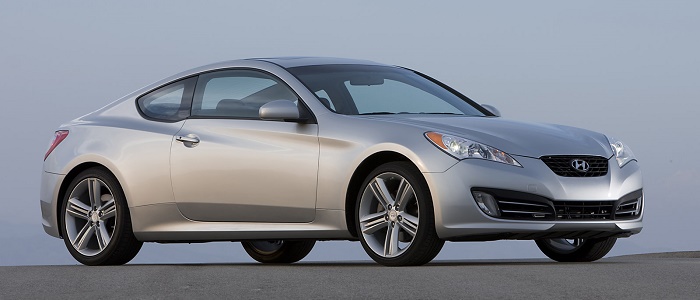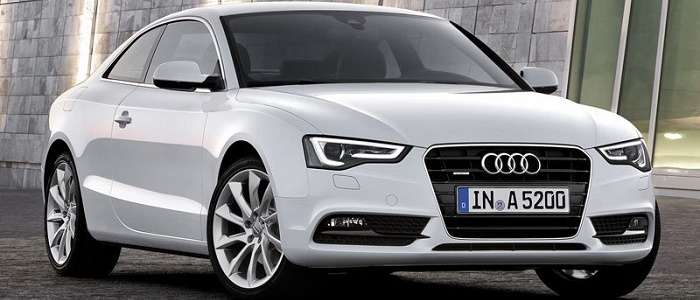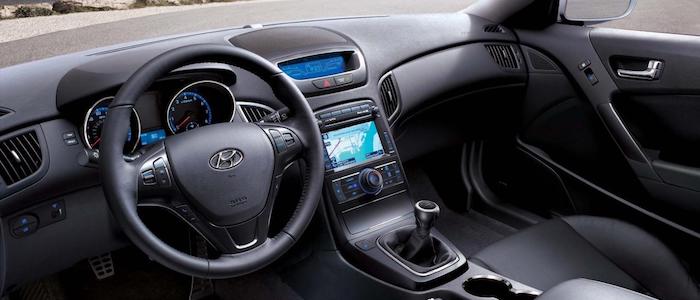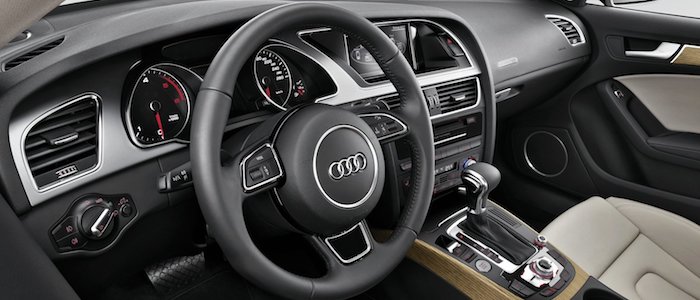Compare two cars
Compare any two cars and get our Virtual Adviser™ opinion
Dimensons & Outlines
Engine
Performance (manual gearbox)
Performance (automatic gearbox)
Expenses
Virtual Adviser's™ opinion
Two significantly similar cars, no doubt about that. Still, each one has something different to offer. Having both cars powered by petrol engines and utilizing the 2-door coupe body style within the same 'Sports car' segment, the only major difference here really is their wheel drive configuration (rear for the Hyundai and front in the case of the Audi). The first one has a Hyundai-engineered powertrain under the hood, a 4-cylinder, 16-valves 275hp unit, while the other one gets its power and torque from a 4-cylinder, 16-valves 225hp engine designed by Volkswagen.
SafetyUnfortunatelly, neither of the two vehicles was submitted to the European New Car Assessment Programme (Euro NCAP) testing. This makes it virtually impossible for me to pick one over the other and I'm generally against buying such cars as the safety should really always come first. That aside, let's consider some other aspects which affect safety. Both vehicles belong to the sports car segment, which is generally classifying them somewhere in the middle safety-wise, but it doesn't do much to help us decide between the two. Furthermore, taking kerb weight as an important factor into account, the Korean car offers a considerable difference of 12% more metal.
ReliabilityManufacturers have been building their reliability reputation for decades now and, generally speaking, it appears that Hyundai as a brand displays somewhat better results, at least on all of the models level. These are the results of an independent reasearch, while our visitors describe reliability of Hyundai with an average rating of 4.5, and models under the Audi badge with 4.2 out of 5. Unfortunatelly, I don't have enough insight that would allow me to comment in more details on the specific models level. That apart, owners of different cars powered by the same engine as the Korean car rank it on average as 3.0, while the one under the competitor's bonnet gets 5.0 out of 5.
Performance & Fuel economyAudi is a bit more agile, reaching 100km/h in 0.6 seconds less than its competitor. In addition to that it accelerates all the way to 250 kilometers per hour, 14km/h more than the other car. When it comes to fuel economy an obvious choice would be the German car, averaging around 5.9 liters of fuel per 100 kilometers (48 mpg), in combined cycle. That's 68% difference compared to the Korean car!
Verdict
Audi appears just a bit more reliable, although the difference is truly marginal. The most important thing when deciding between any two vehicles should always be safety, both passive and active. In my opinion, everything taken into account, the Korean car offers significantly better overall protection, taking the lead here. From there things take a different direction, with Audi outracing its opponent in any situation possible, making it better choice for boy racers. To make things even better, it consumps less fuel! All together, there's not much more to say, in this case I wouldn't even consider anything but Audi. Nevertheless, let's not forget that people have different preferences and needs, so what really counts is your personal feel. I'm only here to help. In case you have two minutes to spare I invite you to define your needs, desires and budget and see which car would be chosen by the virtual adviser™, out of 12.000+ vehicles we currently have in our database.


































